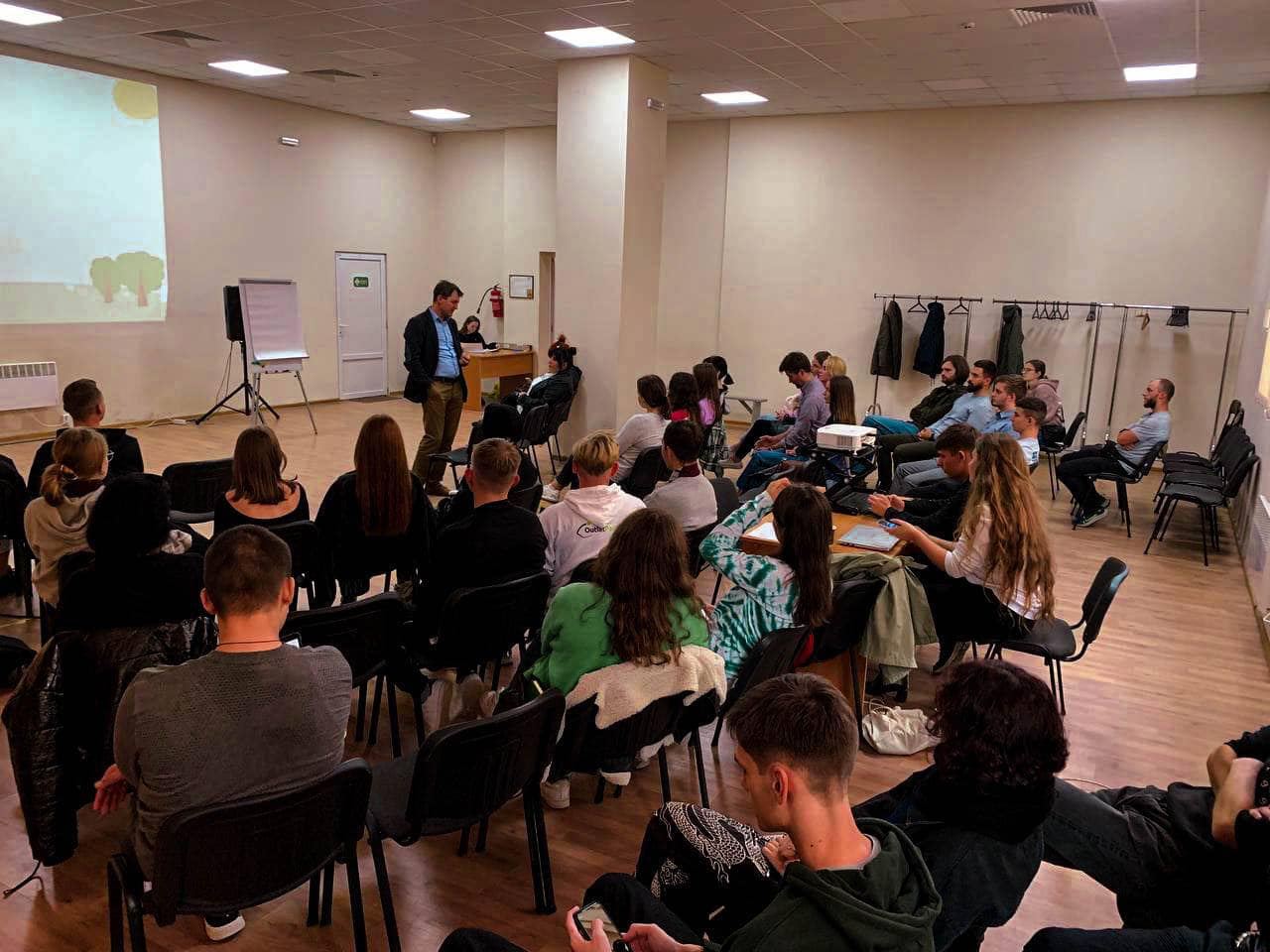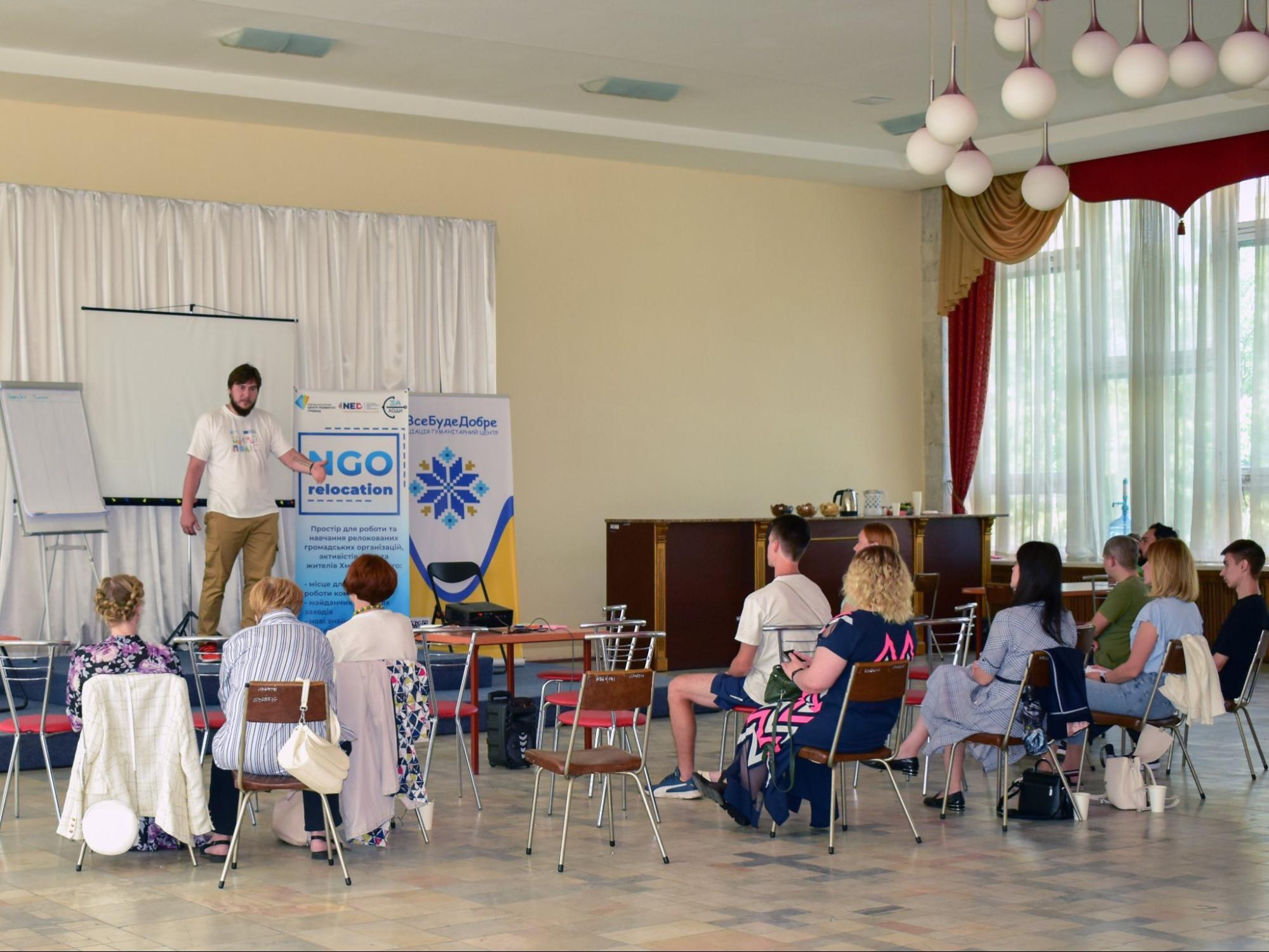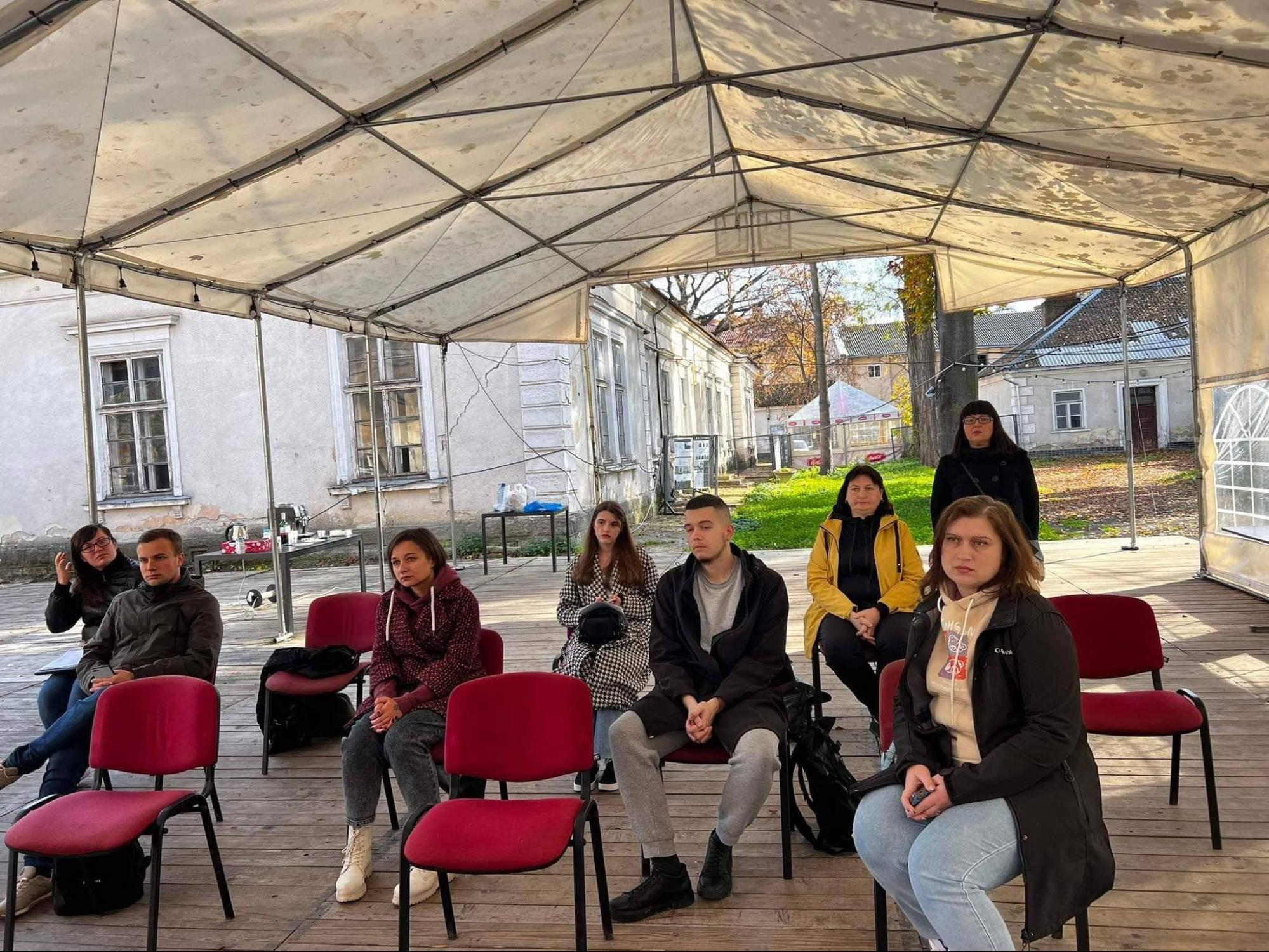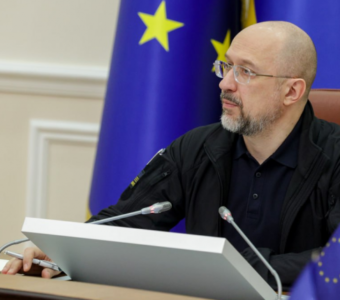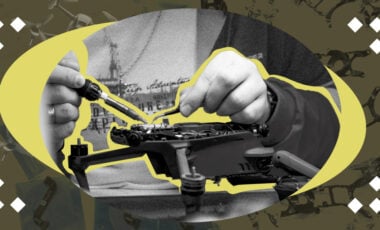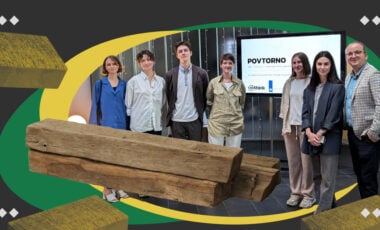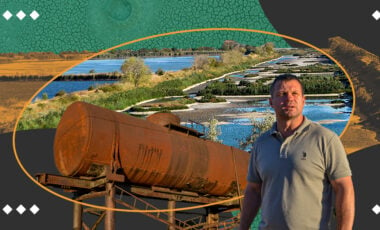How did war change public sector in Ukraine? Experience that will help others

The public sector of Ukraine, like any other industry during the war, is experiencing a unique situation. At the beginning of the enemy's full-scale invasion of our country, we did not know how to act and what to do. Other countries also had nothing to advise our activists. However, the experience we have gained during military operations can be useful to the world and to countries that are going through turmoil or war.
Until the morning 24.02.2022
The public sector of Ukraine is on the path of its own development. We are far from Belarus or russia, where the third sector is underground, considered to be foreign agents or completely controlled by the authorities. But we also have a long way to go to become professional public organizations that can perform high-quality work commissioned by local self-government bodies or the government, unite a large number of residents around us, and have a significant impact on decision-making by local or national authorities.
Before the full-scale invasion, the average NGO operated by attracting grants and, to a much lesser extent, funds from businesses, governments or residents. Local organizations usually had their own narrow line of work and little cooperation with other organizations. They mostly met together at local forums or national projects. Most worked in project offices or premises provided to them by local municipalities.
It is worth mentioning that there were attempts to create coalitions of public organizations, however, they collapsed. There are at least two reasons:
- The coalition is the result of evolution, and the simple desire to unite everyone does not lead to positive results, especially when the "coalitionists" have different experience of activity, the scope of implemented projects, and some of them exist only "on paper".
- Lack of motivation to unite in the organizations themselves. There is no external need for unification (these are mainly threats) and internal motivation, since each organization has its own goals, partners, projects.
In general, during the last ten years, the civil society of Ukraine has made significant progress. This dynamic development would be difficult to feel if it were not for the full-scale invasion of February 24, 2022, which became a "litmus test" for Ukrainian civil society. Organizations and activists did not curtail their activities, but transformed their knowledge and skills to accelerate the victory of Ukraine.
First month of War
The topic of war was in the air even a few weeks before it began. Foreign partners, donor organizations, and international politicians warned about it. The war caught our public organization — "Educationally-analytical center of community development" — in the middle of the three-day training we were conducting. The first few days after the start of the full-scale offensive, everyone tried to adapt to the new reality — some moved to the village, away from large cities, some to a relatively safe part of Ukraine, and some went abroad.
Looking back, I can say with confidence that the first month was the hardest. Many public leaders had to assess the situation and make decisions that often depended on their lives and those of their loved ones.
In this period, we proposed to the NED (The National Endowment for Democracy is a private, nonprofit foundation dedicated to the growth and strengthening of democratic institutions around the world) to provide compensation for a month's accommodation to public activists and journalists who moved from the zones of active hostilities to the relatively safe territories of western Ukraine. Thanks to this initiative, we managed to help more than 600 social activists and their family members. A month of living in a safe community is enough time to adapt to new realities and move on.
In the first month of the war, the public sector of Ukraine found itself in a new reality:
- Financial difficulties caused by the suspension of current projects and the lack of relevant tenders.
- Difficulties with paying for housing for those NGOs that have moved. Because of the high demand, rental prices have risen significantly, and income levels have started to fall sharply.
- Psychological challenges — constant search for a balance between volunteering, work that brings money, family and community activities.
- Lack of a place for NGO activity (premises, office equipment).
- Absence of a clear perspective. Since it was not known what would happen tomorrow, hands were lowered already today.
At the same time, it is worth noting that despite the difficulties, the majority of public activists joined or themselves organized volunteer headquarters, assistance to forced migrants, and collection of funds for the military. This became possible due to the existing project management experience, creative approach and the ability to produce a good result with a minimum of available resources.
Donors, in turn, found it difficult to understand exactly how to help the public sector of Ukraine, as the situation and needs of activists were constantly changing.
Life during the war
Despite the war, life goes on and we need to continue working. The key question that concerns the majority of active residents is What to do next? Although our public organization has been working for public activists and communities since 2016, we also did not know what to do right now.
To gain a better understanding of the public sector during the war, we conducted a small survey. During four days, we managed to interview representatives of 60 public organizations from 14 regions of Ukraine. We learned about the activists' problems, their fears and hopes.
Despite the difficult situation, 48.3% of respondents continued to implement projects, and 60% prepared project proposals for donors.
The following were the most important questions posed to public activists:
- Where to work? This question was asked by those who worked in the zone of active hostilities and front-line territories. Organizations' offices were either completely destroyed, or it was dangerous to work in them. Those organizations that moved to a relatively safe part of Ukraine also had nowhere to work due to the lack of spaces for work, or information about such. Where to work in a year or two? — the question remained unanswered. And the absence of a picture of the future negatively affects the present.
- Who to work with? The organization is primarily people. After the start of the war, part of the teams moved to other regions of Ukraine, part went abroad, and some men were conscripted to the ranks of the Armed Forces of Ukraine. Therefore, significant volumes of work were either transferred to other members of the organization, or were performed remotely. It was also difficult to plan the future activities of the project, since it is not clear who will implement these projects. It is important that this question is clearly correlated with the future of the organization, because even after a victory, it is not a fact that the team will gather again.
- For whom to work? Most organizations have changed their own priorities, some have changed their place of business. All this affected the target audiences. Therefore, it was difficult to give an unequivocal answer to the question Who do we work for today and for whom will we work tomorrow?
The war initiated a new form of coexistence of public organizations for Ukraine. With the support of NED, we offered to open a HUB of public activity (project NGO-Relocation). The essence of the project consists in the organization of space for, first of all, relocated organizations, equipping it with equipment, holding integration and educational events, organizing competitions and providing mini-grants.
Thanks to such an initiative, we obtained the following interesting results:
- Regardless of the place of primary activity, a public organization can be preserved and developed in another city if it is helped with adaptation.
- Organizations began to "share" specialists with each other. One accountant can lead several NGOs, the same applies to a communication manager and a fundraiser. "Additional staffing" of some organizations began to take place thanks to members of other organizations. At the same time, it provided additional income to the activists.
- As it turned out, each individual organization does not need a separate room for its own activities. Several organizations can work in the same space simultaneously, which only helps the birth of joint projects.
- New projects for new communities. Relocated organizations bring innovation to new communities, which benefits everyone.
- Exchange of experiences and collaboration between relocated organizations and local ones.
- The external and internal circumstances developed in such a way that the organizations began to merge. Which practically did not happen before the war.
Public activists who work in such hubs note that they will be useful even after the victory in the territories of Ukraine, where the war is currently ongoing. This is dictated by the fact that the number of experienced activists will significantly decrease — some will remain abroad, some will stay in the west of Ukraine, and some will simply change their priorities. Therefore, unification and cooperation will give a better joint result. It will also be easier to "pump up" the participants of such Hubs by carrying out needs assessment and joint activities for them.
Our organization helped to create and launch the work of three Hubs of public activity in different regions of western Ukraine. We regularly hold joint meetings, research needs in educational activities, planning activities. This experience can be scaled to other regions.
Public activists already today realize that after the victory of Ukraine, international partners will allocate significant funds for the development of our state. And it is important to be able to form project teams to prepare high-quality applications and to be able to implement large-scale projects. Of course, due to the lack of personnel, this can only be done by joining forces.
The percentage of active residents will increase in Ukraine
The start of a full-scale war led to a significant increase in the number of active residents. But the most important thing in this process is the realization that something depends on me personally, I can personally contribute to changing the situation for the better. In contrast to russia, where the army and the government should be engaged in war, and it practically does not concern ordinary citizens (at most posts of pride for the state), the situation in Ukraine is completely different.
And this is what it manifests itself in:
- Volunteering
From the first days of the war, almost everyone started volunteering — in humanitarian headquarters, in patrolling the territory, loading and unloading vehicles with humanitarian aid, weaving nets, baking cakes and hundreds of other volunteer initiatives. We have finally begun to realize that it is up to each of us to make changes. Each of us is responsible for what is done, or vice versa — does not happen. After our victory, this quality should not evaporate. We must continue to be responsible for what is done in our house, yard, neighborhood, community, and Ukraine. We must continue to change the things we don't like.
- Donates
If you really value something, how much can you sacrifice for it? The victory is extremely valuable for Ukrainians, that is why we can raise several million dollars in a day and buy a satellite. The war "launders" money from ordinary citizens at a crazy speed, however, this does not prevent us from donating to the Armed Forces almost every day.
We should not lose this habit either — donate even after victory to those initiatives that are really interesting to us. Donate to organizations we trust. Change your community for the better with your own hryvnia.
War is the most terrible thing that can happen to the country. In the process of struggle, we become stronger, we form new meanings, we draw conclusions. At first glance, the weakened public sector is transforming and becoming stronger. Stronger to accelerate victory and, in cooperation with partners, to develop it.



